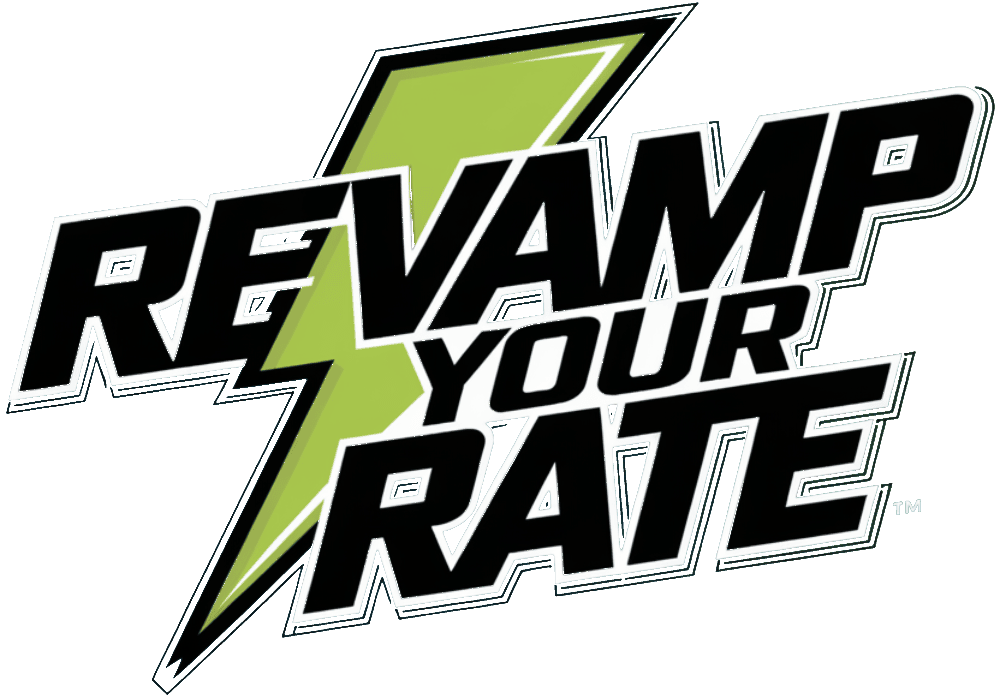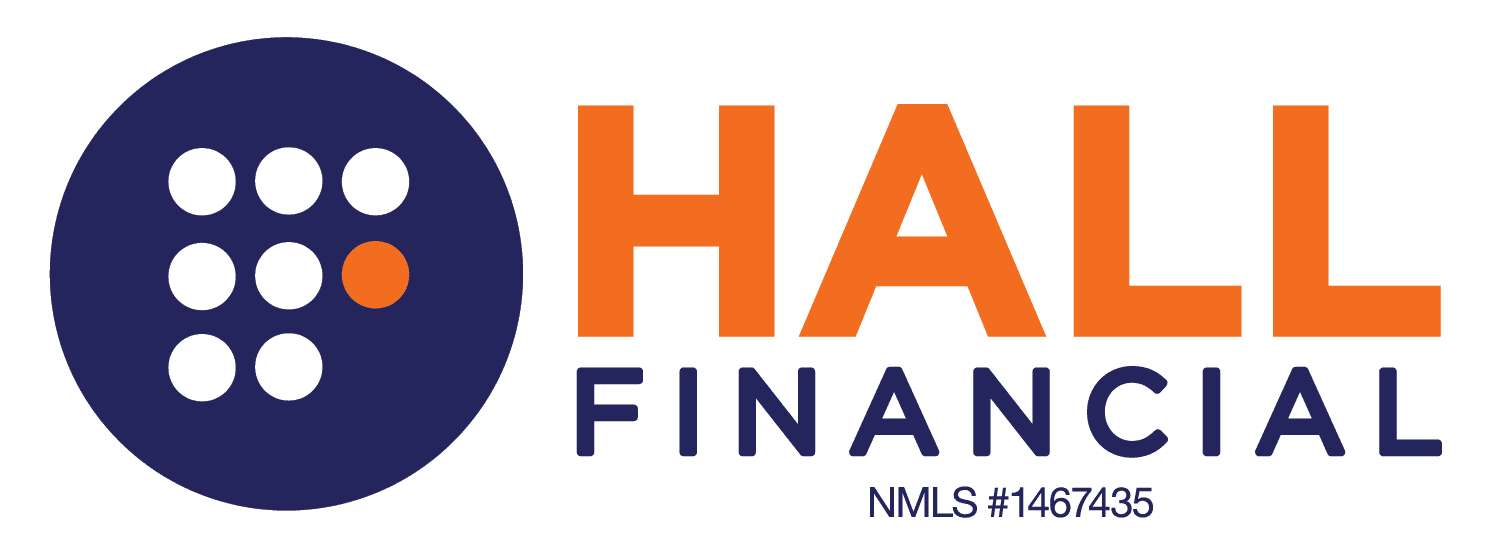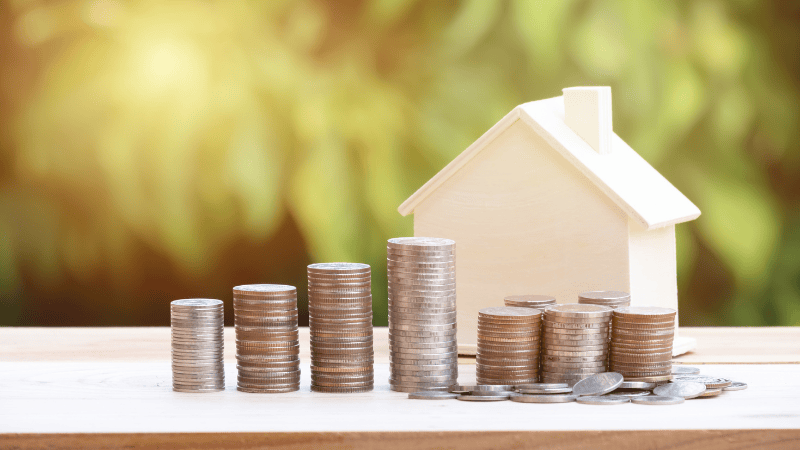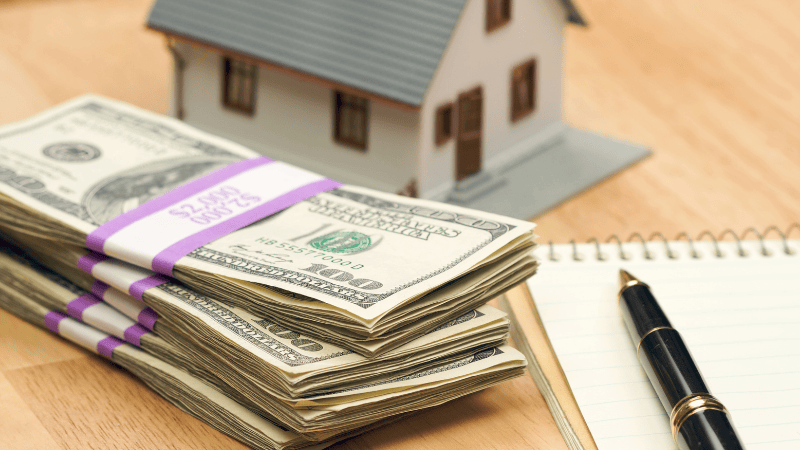In today’s real estate market, many homeowners are exploring the option of cash-out refinancing to buy a second home.
This financial strategy allows you to access the equity in your existing home, potentially providing the funds needed for a new property.
In this comprehensive guide, we will explore the details of cash-out refinancing, including how it works, its benefits, and key considerations to consider when using this method to purchase a second home or investment property.
Benefits:
- Available everywhere except HI, NY, & DC.
- Expert guidance to navigate complex financial decisions.
- Fast, efficient process from application to closing.
- Flexible loan options to fit every lifestyle.
- Personalized support every step of the way.
Benefits:
- Lending in MI, OH, TN, FL, CO, MN, & PA
- Quick responses, so you’re never left waiting.
- Loan Options designed to fit your financial goals.
- Simple Application Process with Clear Communication
- Over 7,000 Five Star Reviews
What is a Cash-Out Refinance?
A cash-out refinance is a financial transaction where a homeowner refinances their existing mortgage for a larger amount than what they currently owe, allowing them to “cash out” the difference.
Understanding the cash-out refinance process
This process enables homeowners to access their home’s equity, which they can use for various purposes, including purchasing another property.
By taking out a new mortgage larger than the original mortgage balance, you can receive the additional funds as cash at closing, which can be a significant advantage when buying a second home.
The cash-out refinance process typically starts with an application for a new mortgage, where lenders will assess your financial situation, credit score, and home’s current value.
After approval, you will close on the new mortgage, and the funds will be disbursed. You can then use the cash to buy another property or address other financial needs.
Understanding this process is crucial for homeowners considering a cash-out refinance to buy a second home.
How does a cash-out refinance differ from a traditional refinance?
A cash-out refinance differs significantly from a traditional refinance, where the primary goal is often to secure a lower interest rate or adjust the loan term without extracting cash.
In a traditional refinance, you replace your existing mortgage with a new one with similar or better terms, but the loan amount remains relatively unchanged.
On the other hand, a cash-out refinance increases the loan amount by tapping into your home’s equity, providing you with extra cash for other investments or expenses.
This difference means that while both refinancing options can lead to lower mortgage payments due to improved terms or rates, the cash-out refinance provides additional flexibility for homeowners looking to leverage their financial assets.
This added cash can be particularly valuable for those seeking to buy another property, as it allows for a larger down payment or even complete cash purchases, depending on the amount of equity available.
Understanding these distinctions will help homeowners make informed decisions about their refinancing options.
Benefits of a Cash-Out Refinance
A cash-out refinance offers several benefits, particularly for homeowners looking to buy a second home.
- The ability to access a substantial amount of cash can be utilized for a down payment on a new property or renovations and improvements on an existing home. This financial flexibility can ease the burden of purchasing another property, especially in competitive real estate markets.
- Cash-out refinances often provide lower interest rates than other financing options, such as personal loans or home equity lines of credit. This can lead to significant savings over the life of the loan.
- The interest on mortgage debt is often tax-deductible, making it a financially savvy move for many homeowners.
Considering these benefits can help you determine whether a cash-out refinance is the right option for you if you want to buy another property.
How to Use a Cash-Out Refinance to Buy Another Property
- Evaluate your current mortgage situation and determine how much equity you have in your home. Gather necessary documentation, such as income statements, tax returns, and details about your existing mortgage. Once you have a clear picture of your financial standing, you can start shopping around for lenders offering competitive cash-out refinance rates.
- Complete a formal application, which includes an assessment of your credit score and the amount of home equity you wish to cash out. The lender will then order an appraisal to determine the current value of your home, which will influence the cash amount you can access.
- Close on the new mortgage, allowing you to use the funds for your new property. Understanding these steps is crucial for a smooth refinancing process.
How much equity do you need to cash out?
The amount of equity required to cash out during a refinance typically depends on the lender’s guidelines and your overall financial profile.
Generally, lenders prefer homeowners to retain a certain percentage of equity in their primary residence, often around 20%.
This means that if your home is worth $300,000 and you owe $200,000, you could potentially cash out up to $60,000, assuming the lender allows an 80% loan-to-value ratio.
Assessing the value of your home and available equity
Start by obtaining a professional appraisal or researching comparable home sales in your area to determine your home’s current market value.
Knowing the value of your home allows you to understand how much equity you have available to cash out.
Home equity is calculated by subtracting your outstanding mortgage balance from your home’s current value.
Once you have a clear picture of your equity position, you can determine how much cash you can access through a cash-out refinance.
Equity requirements vary by lender
The exact amount you can cash out, however, may vary based on your creditworthiness, current mortgage balance, and the lender’s policies.
It’s essential to consult with your lender to understand the specific equity requirements for a cash-out refinance, as this will directly impact the funds available for purchasing another property.
Knowing your equity position can help you plan to buy a second home effectively.
Considerations Before Refinancing to Buy a Second Home
Before deciding to refinance to buy a second home, it’s vital to consider several factors that may impact your financial situation.
- Evaluate your current mortgage payment and how a new mortgage will affect your monthly budget. A cash-out refinance may result in higher monthly payments, which can strain your finances if not carefully assessed.
- Consider the overall costs associated with refinancing, including closing costs and any potential fees that could arise.
- Consider the market conditions for buying another property. Are home prices in your desired area rising or falling? Understanding these dynamics can influence your decision to proceed with a cash-out refinance.
- Think of your long-term financial goals and whether owning a second property aligns with those goals.
Taking the time to weigh these considerations can help you make a more informed decision about refinancing to buy another property.
Can You Refinance to Buy a Second Home or Investment Property?
When considering refinancing to buy a second home or investment property, it’s essential to understand the distinction between the two.
A second home is typically a property you intend to use for personal use, such as a vacation home. In contrast, an investment property, such as a rental property, is primarily purchased for generating income.
Lenders often have different criteria for these types of properties, including down payment requirements, credit standards, and interest rates.
Understanding second homes versus investment properties
Understanding these differences can be crucial in determining how you approach your refinancing options.
For instance, lenders may require a larger down payment for investment properties than second homes. This information is vital when planning your cash-out refinance strategy, as it influences the amount of equity you may need to access and the overall financing terms.
Clarifying your intentions regarding the new property will help streamline refinancing.
Qualifying for a Refinance Loan for a Second Property
Qualifying for a refinance loan to purchase a second property involves several key factors that lenders will evaluate.
- Your credit score plays a crucial role; a higher score typically leads to better loan terms.
- Lenders will assess your debt-to-income ratio to ensure you can afford the new mortgage payment alongside your existing mortgage obligations. A strong financial profile can open up more favorable refinancing options, making it easier to buy another property.
- Sufficient cash reserves are also important. Lenders generally expect borrowers to have a certain amount of savings set aside, which demonstrates financial stability and helps manage unexpected expenses. However, this requirement can vary depending on the lender and your overall financial situation.
Preparing to meet these qualifications can enhance your chances of securing a refinance loan for a second home or investment property.
Potential cash reserves needed for a new property
When planning to buy another property through a cash-out refinance, you must consider the cash reserves you will need.
Lenders typically prefer that you maintain a reserve of funds after closing the refinance.
This reserve acts as a safety net, ensuring you have enough money to cover mortgage payments in case of unforeseen circumstances, such as job loss or medical emergencies.
Depending on the lender, you might need to show reserves that cover a few months of mortgage payments for both your current home and the new property.
Adequate cash reserves can also strengthen your application, as it reflects financial responsibility and the ability to manage multiple mortgage payments.
This could be particularly beneficial if you want to buy an investment property, as lenders might scrutinize your financial stability more closely.
Preparing with sufficient cash reserves will ultimately facilitate a smoother refinancing process and help you secure the financing needed to buy another property.
How Interest Rates Impact Your Refinance
Interest rates play a significant role in the cash-out refinance process, directly affecting the overall cost of your new mortgage.
Refinancing is especially beneficial during periods of low interest rates, enabling homeowners to obtain a rate that’s lower than their current mortgage.
This can result in lower monthly mortgage payments, making it easier to manage your finances while accessing cash for your new property.
Conversely, if interest rates are high, the cost of borrowing can increase significantly, leading to higher monthly payments and overall loan costs.
Homeowners should carefully assess current market conditions and interest rate trends before deciding to cash out refinance. Timing your refinance to coincide with favorable interest rates can lead to substantial long-term savings, making it a crucial factor in buying another home.
Finding the best mortgage rates for refinancing
Finding the best mortgage rates for cash-out refinancing requires diligent research and comparison.
- Start by shopping with various lenders to compare their offers, including interest rates, fees, and terms.
- Online mortgage calculators can also help you estimate your potential monthly payments based on different rates, allowing you to make a more informed decision.
- Consider working with a mortgage broker who can provide access to multiple lenders and potentially negotiate better terms on your behalf.
- Pay attention to your credit score before applying for a refinance. A higher score can lead to more favorable rates.
By taking these steps, you can ensure that you are securing the best mortgage rates available for your cash-out refinance.
When to consider locking in refinance rates
Deciding when to lock in refinance rates is critical to the cash-out refinance process.
A rate lock guarantees that the interest rate will remain the same for a specified period, protecting against potential increases during application.
It’s advisable to lock in rates when favorable, especially if you see a downward trend that might reverse.
Monitoring market conditions and economic indicators can help you decide when to lock in your rate.
Keep in mind that the length of the rate lock can vary, typically ranging from 30 to 60 days, and this timeframe should align with your refinancing goals. If you anticipate delays in the refinancing process, consider opting for a longer rate lock.
Being proactive in this area can prevent unexpected rate hikes that could impact your cash-out refinance and your ability to buy a second home.
Potential Drawbacks of Cash-Out Refinances
While cash-out refinances present many opportunities, they also come with potential drawbacks that homeowners must consider.
- One significant risk is the potential for increased mortgage debt, as cashing out equity means taking on a larger loan amount. This can lead to a longer repayment period and higher overall costs, which may not align with your financial goals.
- If property values decline, you could owe more on your mortgage than your home is worth, resulting in negative equity.
- Cash-out refinances can also affect your financial stability by increasing your monthly mortgage payment. This additional burden can strain your budget, particularly if you manage another property’s mortgage simultaneously.
Understanding these risks is crucial for homeowners considering this financial strategy to ensure they make informed decisions when refinancing to buy a second home.
Common Pitfalls to Avoid When Buying Another Property
When using a cash-out refinance to buy another property, there are several common pitfalls to avoid.
One of the most significant mistakes is underestimating the costs of purchasing a new home, such as closing costs, property taxes, and maintenance expenses. Failing to budget for these additional costs can lead to financial strain and impact your overall investment strategy.
Another pitfall is not thoroughly researching the market conditions for the second property. Understanding local real estate trends, property values, and rental market dynamics is essential to making an informed decision.
It is crucial to avoid overleveraging yourself. Taking on too much debt can create financial instability, especially if rental income does not meet expectations.
Making the Decision: Cash Out to Buy a Second Home or Wait?
Deciding to buy a second home or wait requires careful consideration of your financial situation and market conditions.
Buying another property may be wise if you have sufficient equity in your current home and can secure favorable refinancing terms.
However, if market conditions are uncertain or your financial situation is unstable, it might be prudent to hold off on purchasing a second home until you are more secure.
Additionally, consider your long-term goals. Are you looking to invest in rental properties or seeking a vacation home? Clarifying your objectives can help determine the best timing for a cash-out refinance.
It’s also worth consulting with a financial advisor to evaluate your options thoroughly.
Weighing all these factors will assist you in making an informed decision about whether to buy another property now or wait for a more opportune moment.
Our advise is based on experience in the mortgage industry and we are dedicated to helping you achieve your goal of owning a home. We may receive compensation from partner banks when you view mortgage rates listed on our website.




